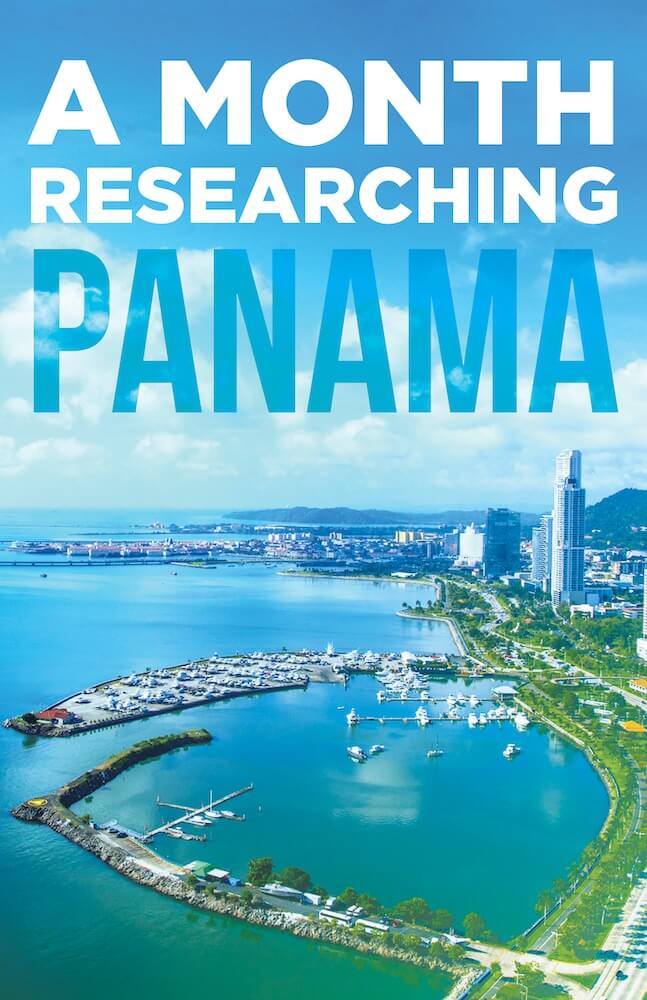The historic district of Casco Viejo, will always be among the very top of my favorite Panamanian places. I have watched Casco Viejo go from being threatened with demolition in the late 90s to being named a UNESCO World Heritage site and the locale of some of the best boutique hotels in the Americas.
Casco Viejo is not a big area, so you can easily walk the twenty or so square blocks which sit just off Panama City’s Cinta Costera and Avenida Balboa. The President’s Palace is there as well as the National Theatre so if you assume the beautifully restored structures have lots of hip and trendy hotels and restaurants, you’d be correct.
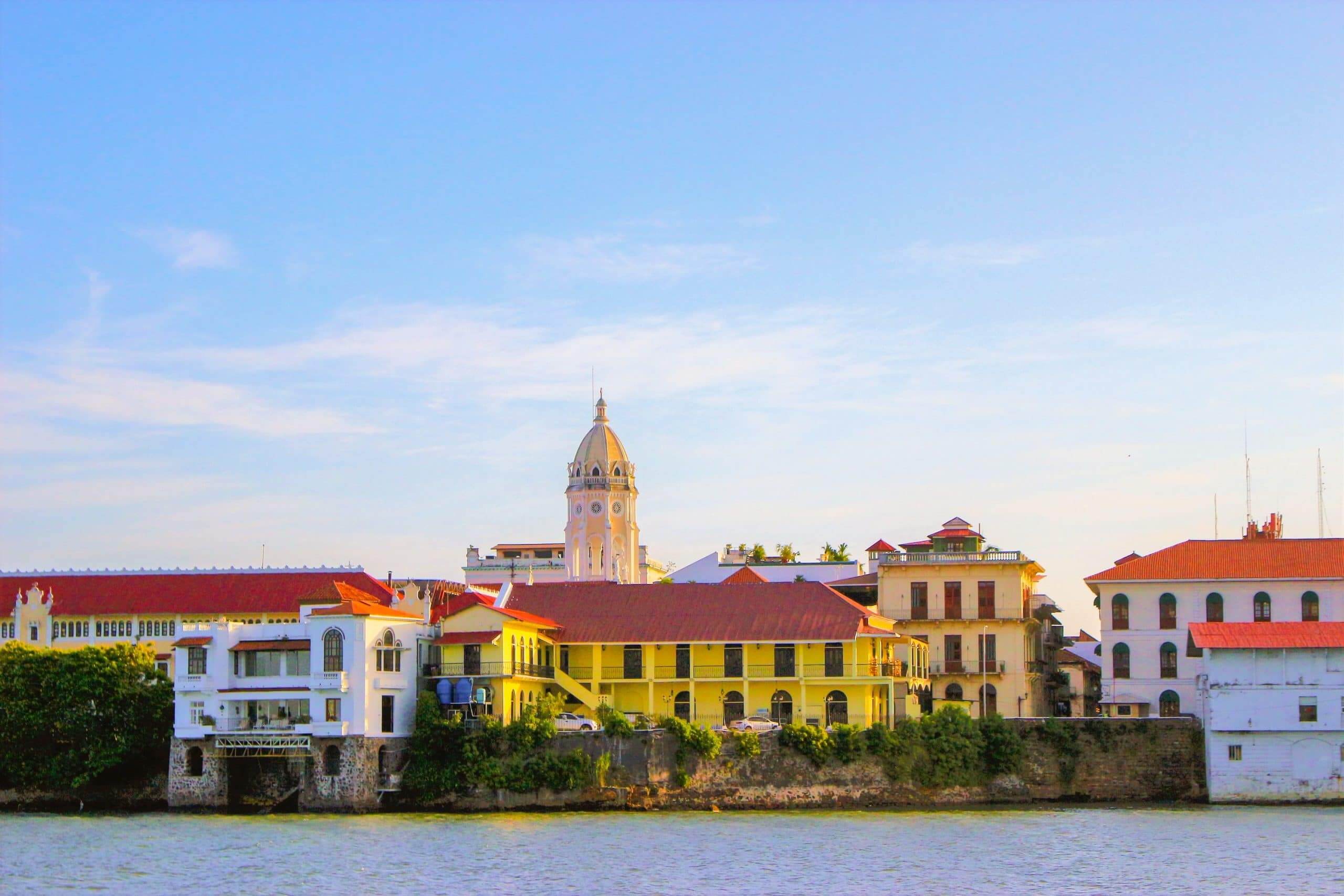
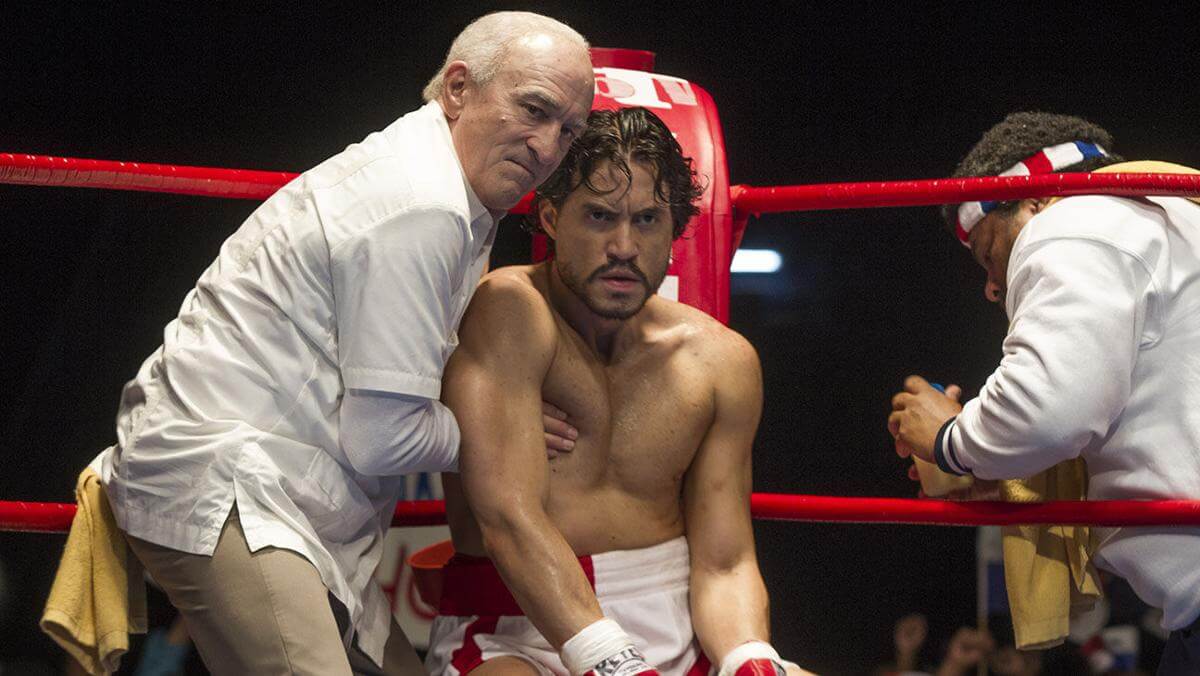
My girlfriends and I love to sit in the attached roof-top bars overlooking the city and mingling with the international crowd. There are lots of dignitaries who come to visit, like when Panama hosted the Seventh Summit of the Americas and those good-looking Secret Service folks stopped by after doing advance work for Barack Obama’s visit.
However, when we ran into the actor, Edgar Ramirez, and much of the cast and crew for the recently opened film “Hands of Stone”, it was very exciting. Ramirez was playing the title role of Roberto Duran, the famous Panamanian boxer and the women were swooning.
I loved that this group was in town to make a movie about a Panamanian, who while born in poverty in El Chorrillo, went on to be one of the greatest boxers of all time.
The crew had been in Panama for only a few days when we ran into them and it was clear they had arrived with a lot of misconceptions. “We didn’t expect this” said a cameraman, as he waved over the red-blazing sunset, cold drink in hand. “I mean this is Panama,” he continued without explanation.
“Before you came to Panama, what did you expect?” I inquired acknowledging what he had said only by inference. I could tell they thought they were coming to the Panama reflected in the movie which takes place in the 1970s and 80s.
“Rough,” he said simply. “Poor, hardscrabble. We have been on some tough shooting assignments and we expected this to be third-world. Maybe a hot shower, maybe only a wet bathroom, lots of bad starchy food. I have an industrial size box of peanut butter and cracker snacks in my room. I thought I might not find anything I could eat,” he continued as the thin, attractive waitress deposited a plate of tuna tartar in front of him with a warm smile.
“May I get you anything else?” she said in perfect English. Her question of “another drink,” was answered with an appreciative nod. The cameraman seemed a bit embarrassed.
“I’m assuming you have found the Egyptian cotton sheets at your hotel and those fancy little soaps to your liking,” I said, adding a big smile just to let him know no offense was taken. “That fancy jazz club in your hotel is world-class.”
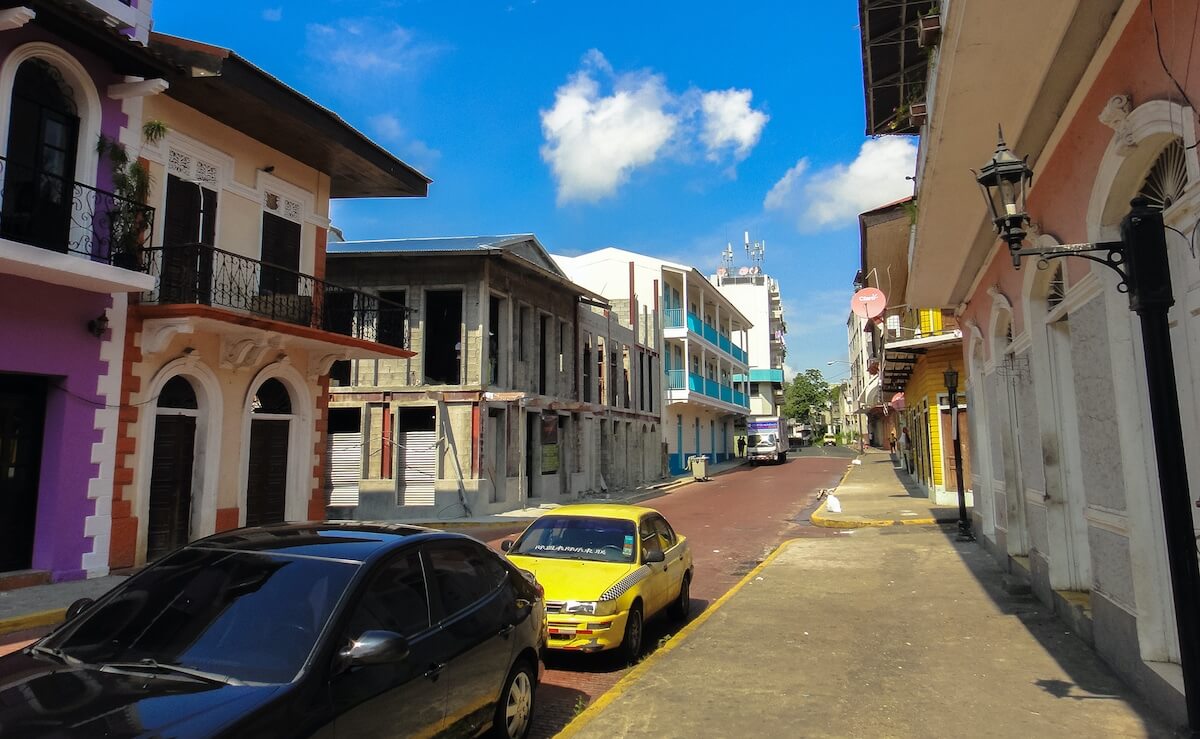
“We love that jazz club,” he said while emphasizing the word love. “But when you have a cast call for 6:00 am, you can’t really enjoy the club at it’s best. I want to bring my girlfriend back after we have wrapped. She thinks I’m camping in the jungle,” he laughed while beginning to eat his tuna which had probably been pulled from the sea that morning.
“I can understand how you might think Panama has not changed a lot since Duran was knocking out Sugar Ray Leonard along with all the other opponents along the way to multiple titles in four different weight classes, but we’ve changed probably more than any other country in that short time period.” There was no argument.
“I do triathlons when I have time to train,” I said in an effort to explain what i was about to say. “I often feel a country exhibits it’s true soul through sports. Sports are a luxury,” I said. “It’s joy, like music, but something that comes second to basic survival. Food, shelter, it’s hard to ‘play’ sports if you are worried about finding your family’s next meal.”
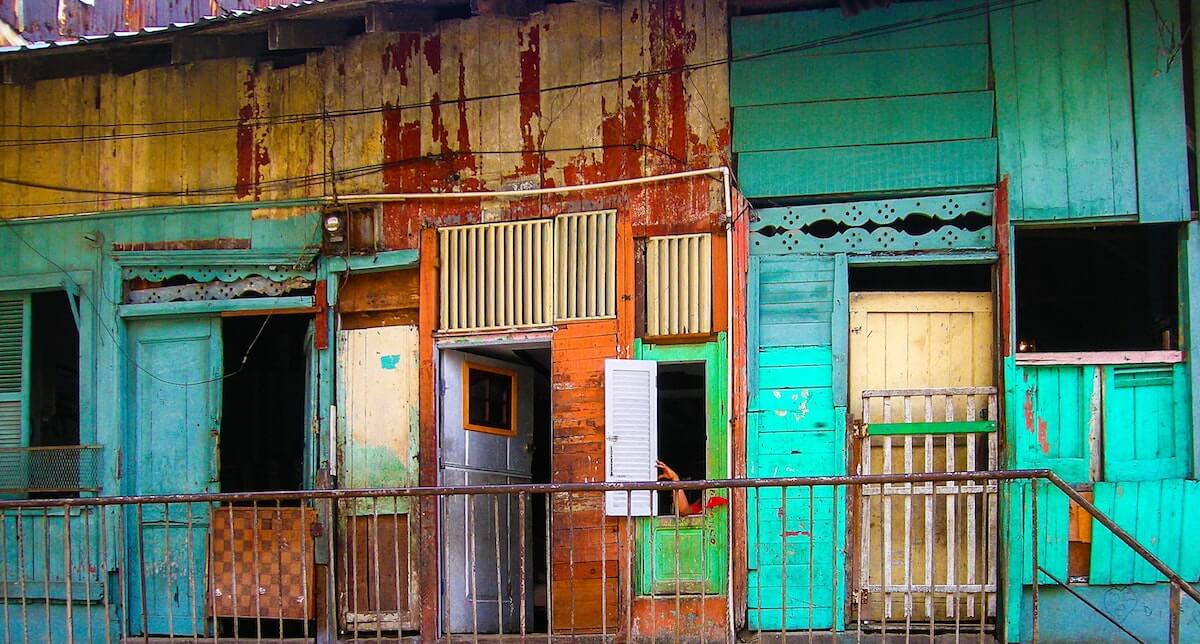
A sound man, joined us and apologized for interrupting. “I couldn’t help but over hear,” he began. “I had read the script about three times before arriving and I focused only on the mean streets of El Chorrillo where Duran was born and how he had such a chip on his shoulder because his father, a Mexican immigrant who was serving in the American Army in Panama, abandoned him. How he hated the Panama Canal because it was controlled by the United States. Sports got him out of poverty,” he stated, “I don’t think that was joy or luxury, but rather the way he survived, even thrived.”
I love a good discussion with people who are just learning about the real Panama and I motioned for another drink. “Exactly. But, Duran was one in several million and boxing is not exactly the sport I would call joyful. It’s generally dominated by the lower class. It is different in Panama today,” I continued.
“That Panama was a Panama most of us have never known. Wealthy people took advantage of him, made money off him, even the trainer played by Robert DeNiro, was used. I’m not saying people aren’t being taken advantage of, but that time was different and the options were almost non-existent.”
The sun had set and the music began to stream louder. “Did you watch the Little League World Series?” I asked seemingly changing the subject.
“I did” said the cameraman. “Now that I think about it, Panama was in the mix.”
“We came in third,” I quickly pointed out. “In the world! I felt certain we were going to win it all, but there was a bad game with the Asia-Pacific team. We’d beaten them before but that is the way it goes,” I said smiling, “it’s the fact we were so well represented on an international stage. It takes money and time to send a team that really competes. The Panama that Duran lived in did not have the luxury of time and money. He paid for everything with his head and body. We are a different Panama where talented athletes can achieve even if they are born into poverty. Opportunity exists because we are so well developed.”
“How did you do in the Olympics?” questioned the sound man, clearly picking up the theme. “I’m thinking I didn’t hear the Panamanian national anthem.”
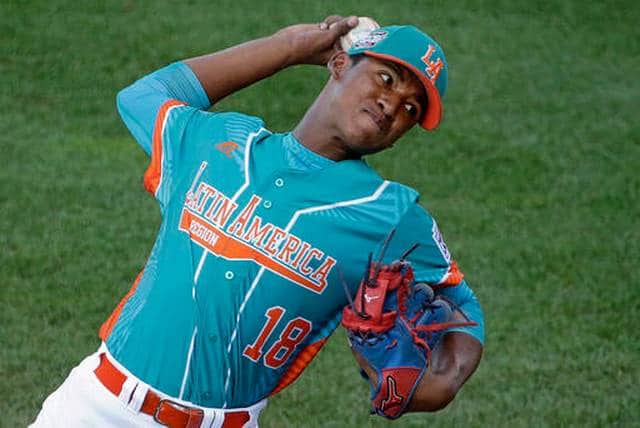
“Unfortunately, no gold medals but we sent a team of 10, mostly in track and field,” I answered, “We are a small country. We have almost the exact population as the state of Kentucky, just over 4.4 million. I don’t think Kentucky had any medal winners, well maybe there were a few basketball players,” I laughed remembering a crazy Kentucky Wildcat fan who bought a lovely condo a few years ago. “The point is, Panama is generally not a country worrying about their next meal. We have the luxury of making sure our children are exposed to sports, allowed to play up to their potential and supported all the way onto a national stage.”
“So you are a triathlete,” the cameraman brought the conversation around.
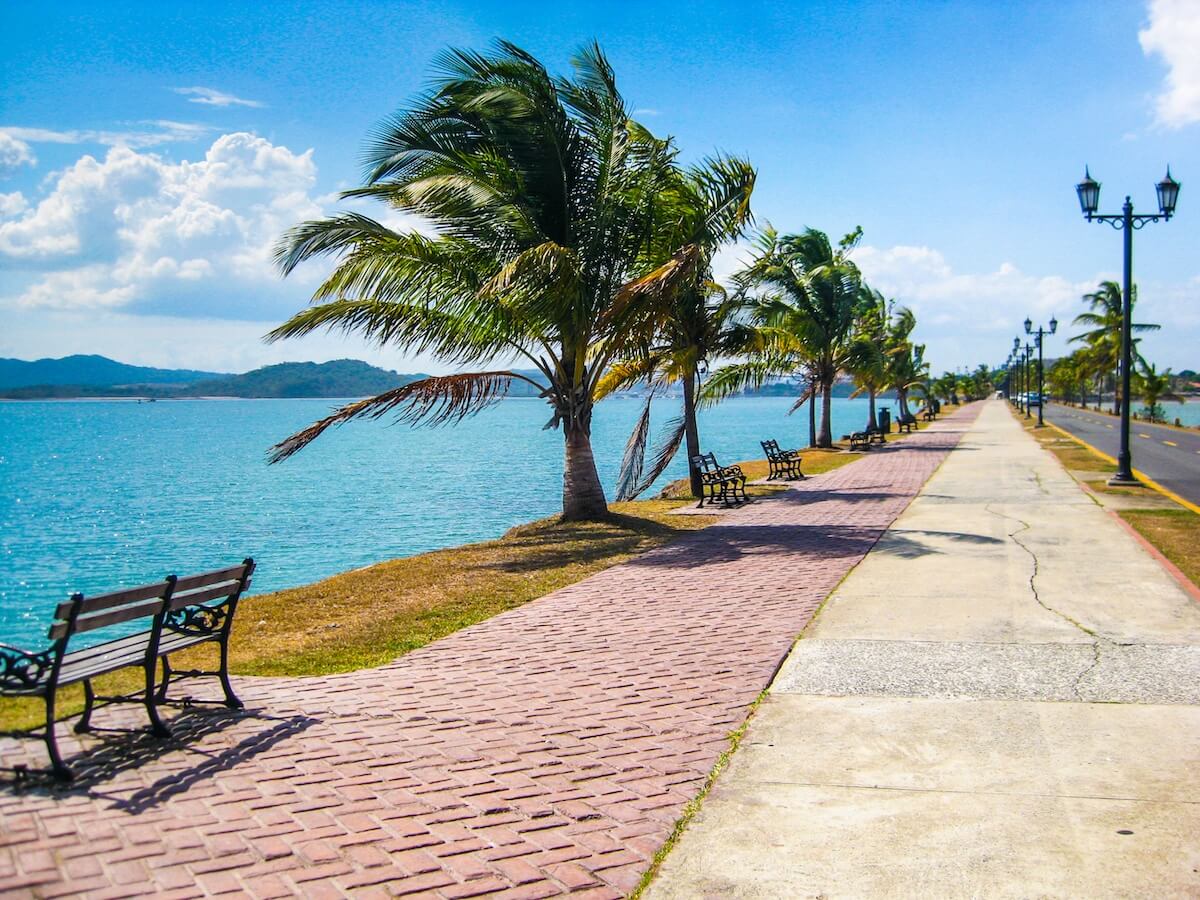
“Panama is on the Ironman circuit,” I offered. “Part of the Pan American Pro Championships and it is just a stunning competition. A swim in the Pacific Ocean, a bike ride along the Amador Causeway,” I let my voice trail. “It’s a luxury. Really. When your population gets to play sports, it’s not about earning a living with your body. I’m proud of Roberto Duran. I see him every once in awhile out to dinner, but today’s Panama isn’t the Panama in the movie.”
The crowd began to press in and the actor, Ramirez gestured to his crew that it was time to go. “We are meeting with some locals who are joining the crew for the next week,” the sound man said almost apologetically. “We rarely get to really kick back, but tonight was one of those nights and I’ve really enjoyed this conversation. Thanks for the insight. I won’t look at sports the same and I’ll be looking for any Panamanian competing internationally,” he said smiling. “I’ll be rooting for them!”

